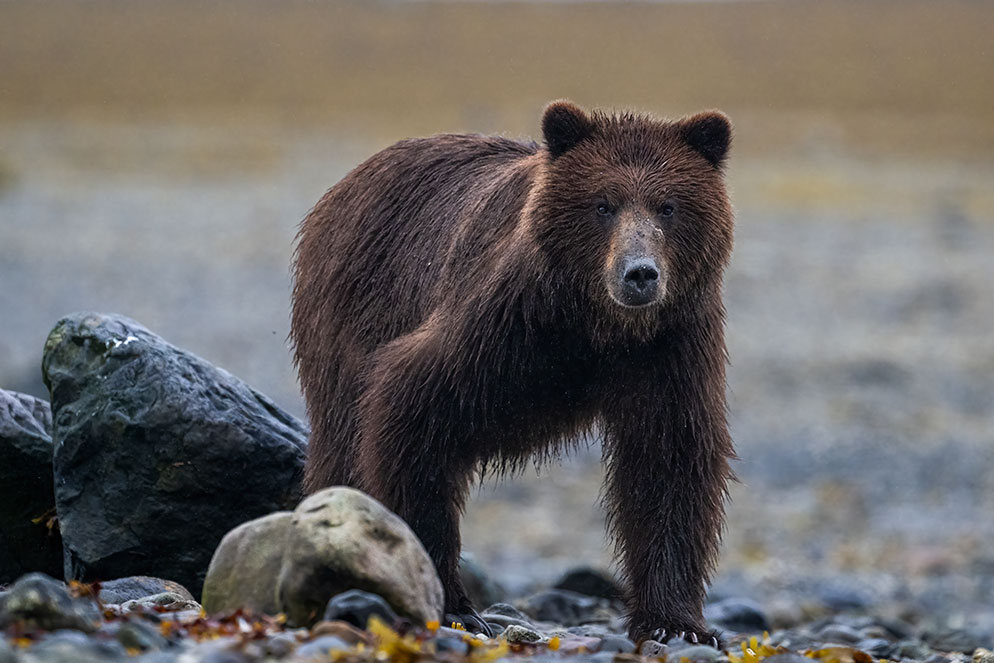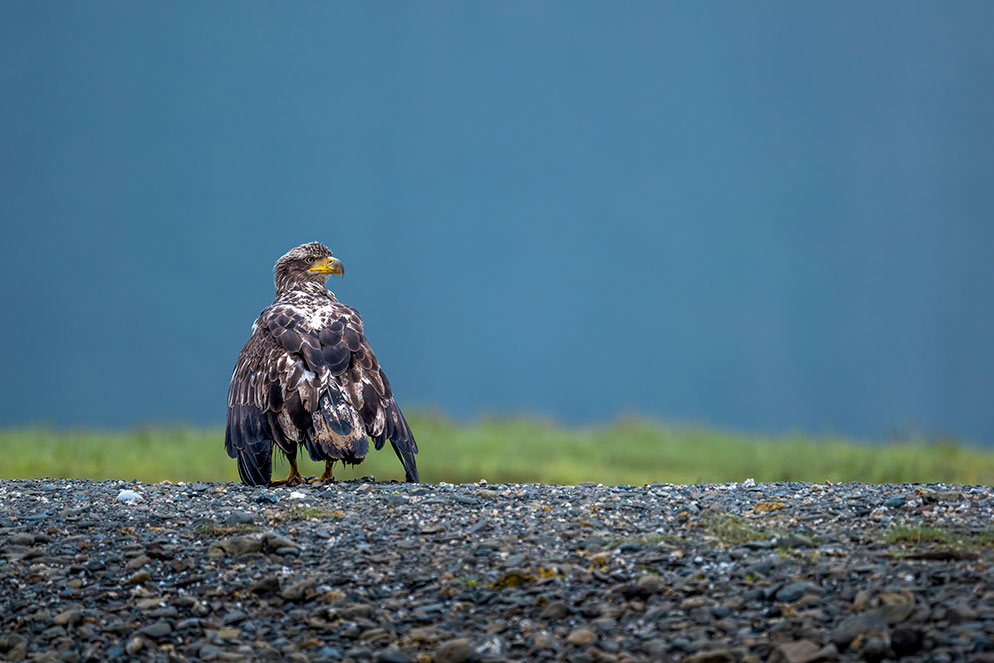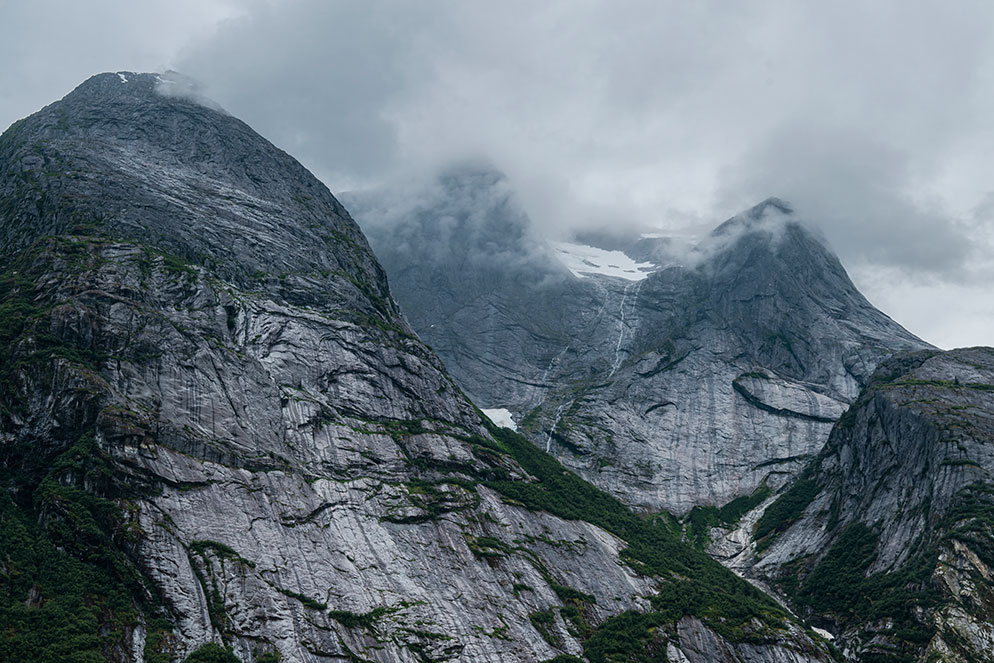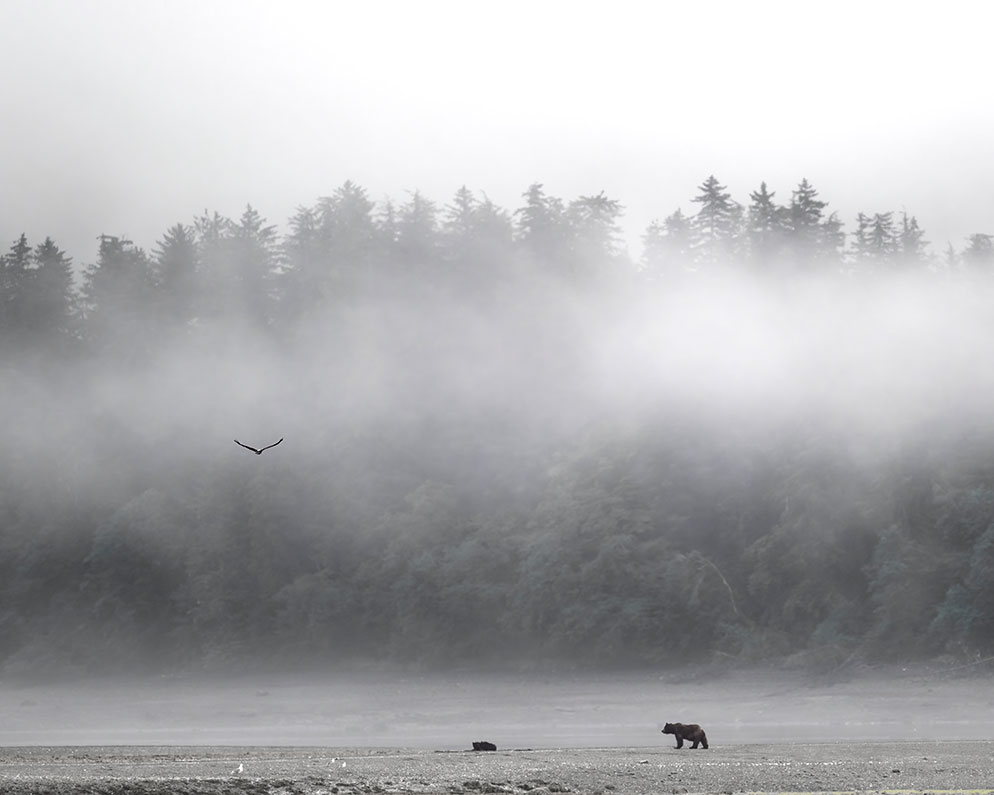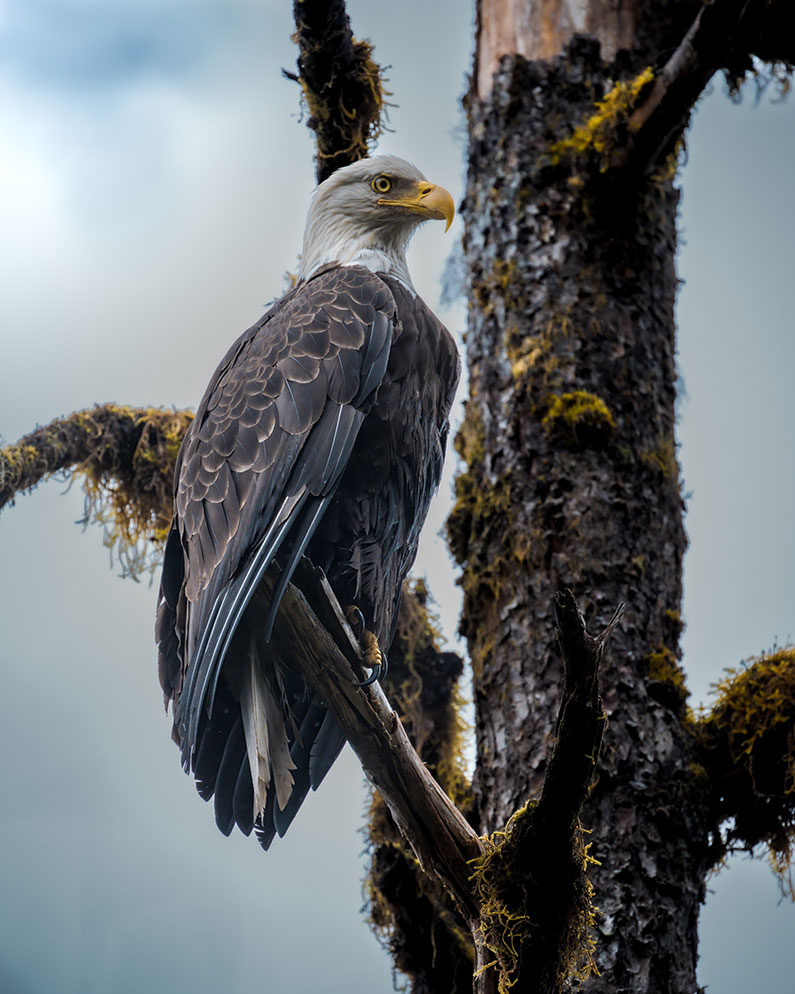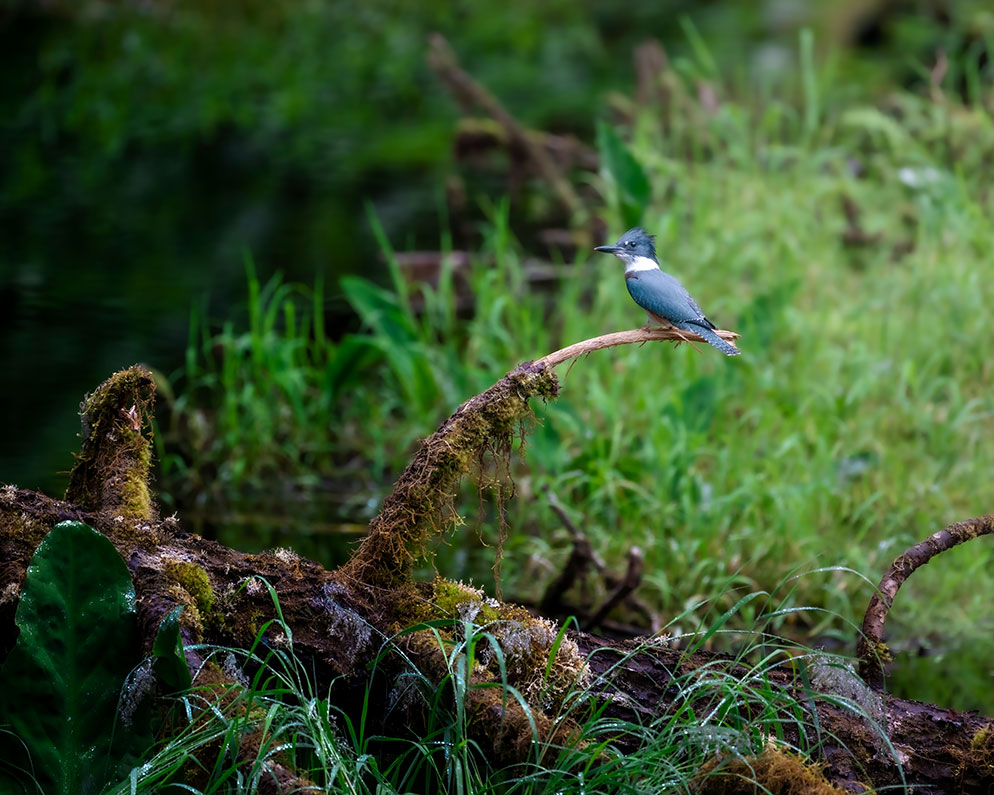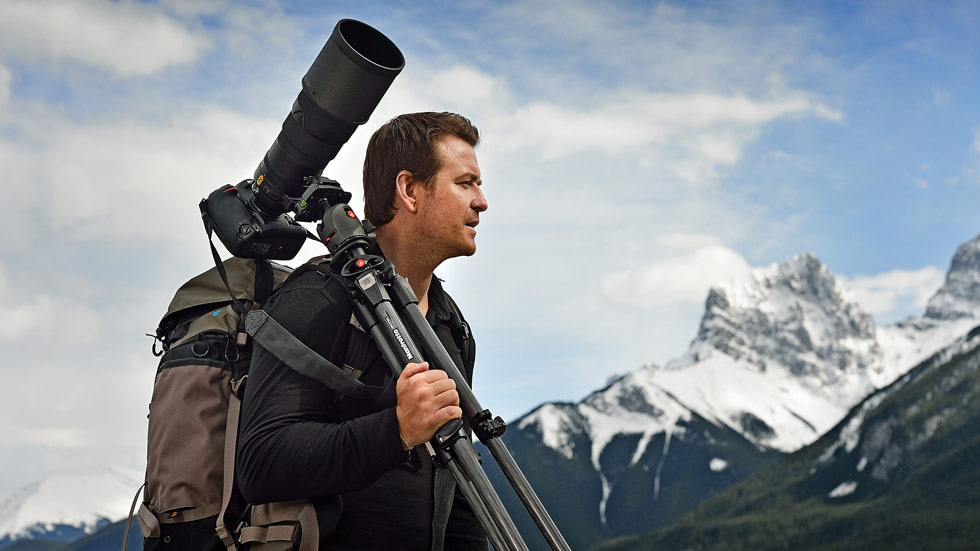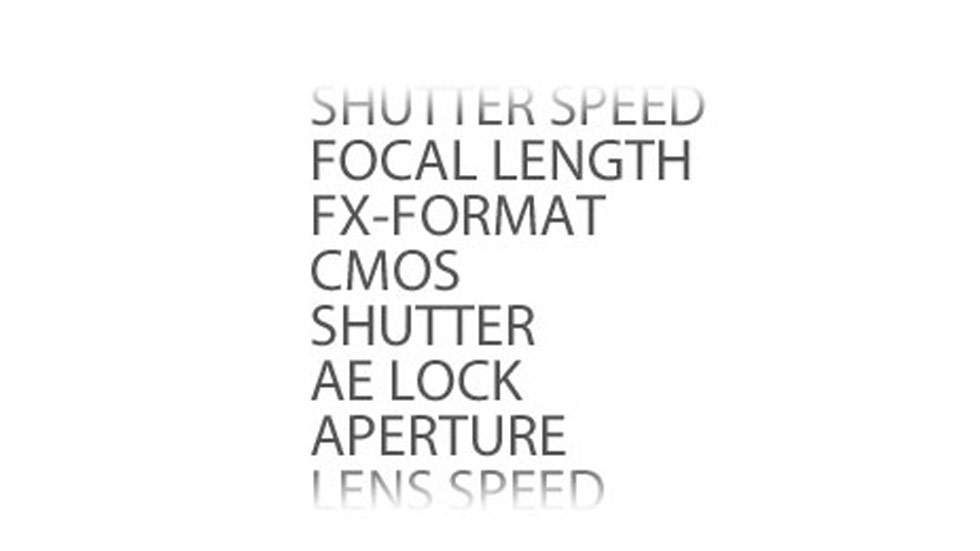Taking the Flagship Z 9 and 800mm Lens Into the Canadian High Arctic
Jenny was comfortably sitting on the rocky spit in Pack Creek when a Mother bear approached with her cubs. "The more manageable the gear is, the less fumbling the photographer will be doing, and the more comfortable wildlife will be with our presence," she explains. Z 9 and NIKKOR Z 800mm f/6.3 VR S.
While my friends transitioned to mirrorless, I still loved having the safety of my tried and tested Nikon DSLRs. I'm used to working in extreme cold, and needed to be sure before converting to a full mirrorless setup that it was the way to go for my needs.
Last March I went camping on sea ice for three weeks in the Canadian high Arctic. My Z 7 lived outside in -30°C the whole time without reprieve of the harsh wind and snowstorms, and while it’s exterior was icy, not once did it fail me.
This juvenile eagle was photographed by Jenny from a small Zodiac (boat) proves how physically manageable and technically capable the Z 9 is, especially when paired with the NIKKOR Z 800mm f/6.3 VR S lens.
After this experience, I knew it was time to fully transition all my bodies to mirrorless. On a Canadian Geographic Adventure through Southeast Alaska, Nikon Canada kindly let me borrow a Z 9 and the NIKKOR Z 800mm f/6.3 VR S lens. I’ve always been an advocate of knowing the technical capabilities of your gear is more important than buying the latest and greatest, but that being said, the Z 9 is Nikon’s flagship mirrorless body and as a professional in the field, I was surprised at how much easier it made my job thanks to its speed, ease-of-use, and overall versatility.
My Z 7 is a beast for landscapes, but for wildlife, the autofocus and frame rate is a bit slow for my needs. To compensate, I use a prefocus technique, and have to be incredibly patient to be sure when I click the shutter, that the timing is perfect to catch the action.
...I knew it was time to fully transition all my bodies to mirrorless
There’s no compensation needed with the Z 9, as it has incredible subject tracking, eye-detection autofocus, resolution and frame rate. With the confidence that I have in the Z 9’s ability to capture any moment, I was able to use that time and energy to look for more interesting compositions.
Before the Z 9, in order to get such high continuous frame rates, the resolution of the camera needed to be lower, making it less ideal for landscape work. As a storyteller of adventures in wild places, having a camera that’s a good balance of both is without a doubt, the ultimate goal for me to find in my gear.
The Z 9 is the ultimate in versatility, with no compromises at all; it has great resolution and dynamic range for landscapes, and incredible autofocus and frame rate for wildlife. To put it simply, this camera is a dream to work with for what I do.
"While hiking back out from a tree stand we were surprised by this beautiful bald eagle. Being able to carry the Z 9 and NIKKOR Z 800mm f/6.3 VR S in my hand while hiking and not having to set up a tripod allowed for a quick draw to capture this image."
Kingfishers are timid and tiny subjects. The latest 3.1 firmware update provides even better autofocus, and the NIKKOR Z 800mm f/6.3 VR S is game changing for bird photographers who need to get the shot at an ethical distance without disturbing their subject.
The NIKKOR Z 800mm f/6.3 VR S is a mind-blowing, game changer of a lens in the wildlife world. I have contemplated many of the large primes for wildlife in the past, as they truly produce incredible images, but because I’m so active in the field, it’s very difficult for me to consider them due to their size and weight, along with the tripod that would have to accompany it.
In Alaska I was able to hike with the Z 9 + 800mm lens and shoot it handheld! It was light enough that I was also able to carry another body and wide-angle lens for landscapes, and all my survival gear and safety kit for being in the wild. Even from the swaying ship, the combination of the Z 9 and NIKKOR Z 800mm f/6.3 VR S was manageable for me to be shooting handheld and get shots of whales and birds.
There simply is nothing on the market that can compare to this set up for me. The versatility and durability of the gear to get into the most extreme places on earth, all while never compromising the quality of images, is absolutely ground-breaking.

